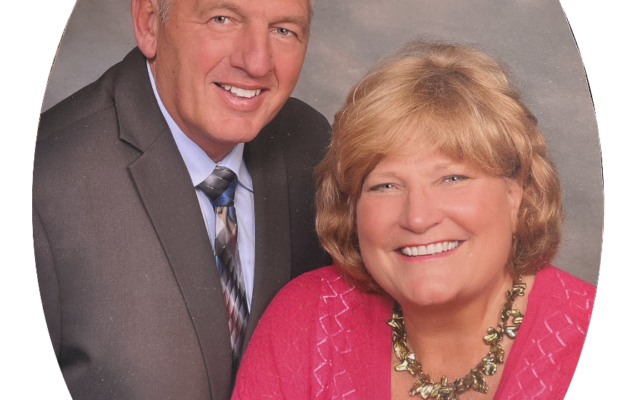
Clean your hands often to prevent spread of illness, Oaklawn expert says
MARSHALL – One of the best ways to prevent yourself and others from getting sick is to clean your hands regularly, an Oaklawn specialist urges.
But chances are you’re not doing it as often as you should or with the best methods. As a result, you may be putting yourself and others at risk of spreading an illness.
“Cleaning your hands seems to be such a simple, easy thing, and most people think they are cleaning their hands – but often they’re not,” said Sarah LaSalle, infection preventionist at Oaklawn Hospital. “The reality is that you have to pay attention to how you do it.”
In fact, you’re probably missing a great many risk-creating germs each time you clean, she said. As the nation heads deeper into the flu season, stopping a potential infection in its tracks becomes vital, said LaSalle, noting that Dec. 6 through 12 is National Handwashing Awareness Week.
“I really didn’t know how to clean my own hands until I went into infection control,” said LaSalle. “But, because it’s a basic rule of cleanliness, it’s among the most effective ways to keep infection and illness from spreading.
“That’s true no matter where you are – at home or at work – but also in places where germs need to be controlled, such as in child-care settings and hospitals.
“Keeping your hands clean can prevent germs from spreading to your friends, your co-workers and to your community. And, since it’s so simple, why not get into the habit – and do it?”
The Atlanta, Ga.-based Centers for Disease Control and Prevention (CDC) also says keeping one’s hands clean is one of the best ways to prevent the spread of infection and illness.
One of LaSalle’s tasks at Oaklawn is to make sure staff members get proper instruction about how to clean their hands effectively, and to make sure the most often missed areas of the hands are well-scrubbed.
Those often-missed areas include the webs between the fingers, under the nails, the backs of the fingertips and the back of the thumbs – all areas that frequently come into contact with germs that cause illness, she said.
Sometimes people who believe they know how to wash up are surprised to find that they have a hard time passing various tests for hand-cleaning skills, she said. Such tests are conducted with ultraviolet lighting equipment or other materials.
“It’s all about the friction and the coverage, getting behind and between the fingers,” LaSalle said.
Guidelines distributed by the CDC suggest that effective hand-cleaning involves these steps:
– Wet your hands with clean, running water (warm or cold), turn off the tap and apply soap.
– Lather your hands by rubbing them together with the soap. Be sure to lather the backs of your hands, between your fingers and under your nails.
– Scrub your hands for at least 20 seconds. If you need to time this, hum the “Happy Birthday” song from beginning to end twice.
– Rinse hands well under clean, running water.
– Dry your hands using a clean towel, or air-dry them.
Cleaning up is best done before, during, and after preparing food; before eating; before and after caring for someone who’s ill; before and after treating a cut or wound; after using the toilet, blowing your nose, coughing or sneezing; after changing diapers or cleaning up a child who has used the toilet; after touching an animal, animal feed, or animal waste; and touching garbage.
LaSalle said alcohol-based hand sanitizers are useful in killing many types of germs, and are recommended by the CDC for use on hands that aren’t visibly soiled.
“They’re great to have in your purse or pocket,” she said, “especially when you’re at the grocery store. The carts there are a huge source of contact of transmission of infection, especially during flu season. Remember, every little kid has been sitting in those carts, hanging on to the handle.
“A good rule is, ‘If it’s not yours, and it’s wet – don’t touch it!’” she said.
For more information, visit the CDC’s online resource at www.cdc.gov/features/handwashing, call (800) CDC-INFO or email cdcinfo@cdc.gov for answers to specific questions.

